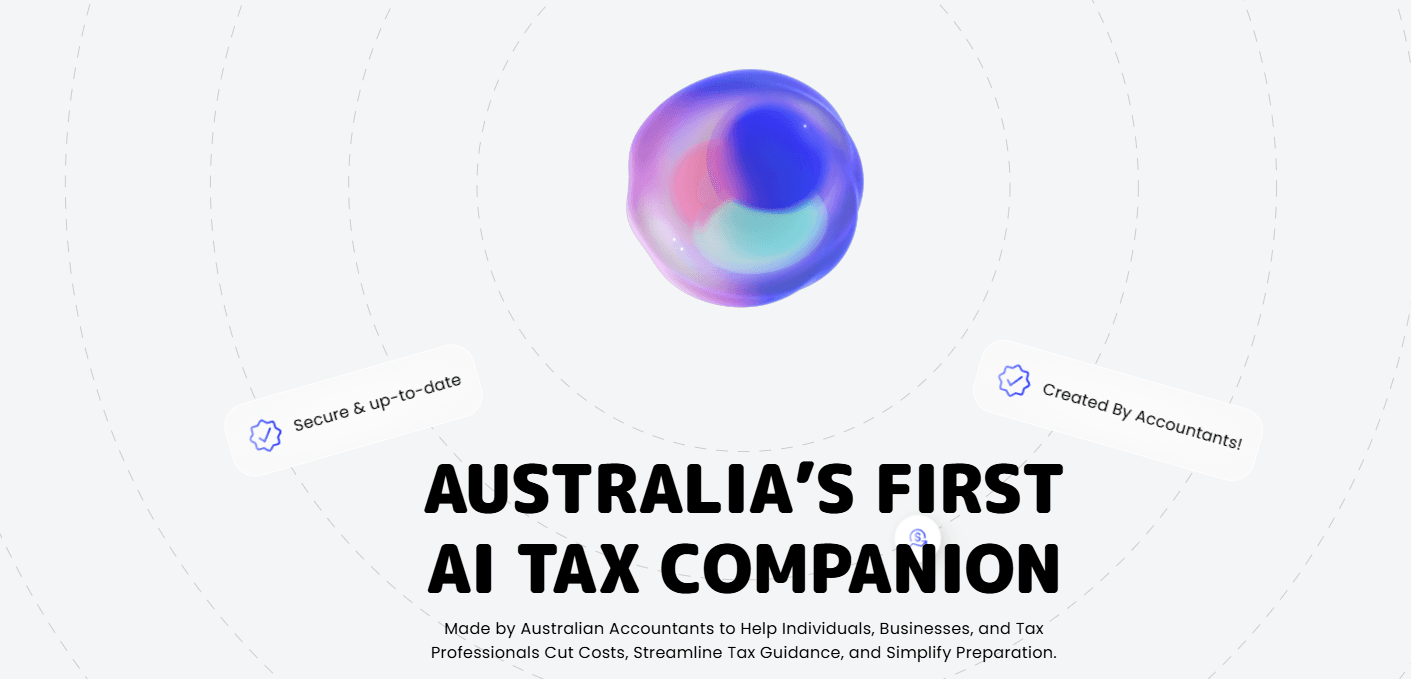If you sold an investment property, shares, or crypto in the past year — or you’re thinking about it — there’s one thing you can’t afford to ignore: capital gains tax (CGT).
CGT can feel confusing, but it’s not as complicated as it sounds. This guide breaks down what CGT is, when it applies, how it’s calculated, and what everyday Australians need to know in 2025.
We’ll also show how tools like Ezyiah help you stay organised and prepared for tax time — even if they don’t track your capital gains directly.
What Is Capital Gains Tax?
Capital gains tax isn’t a separate tax — it’s part of your income tax. If you sell an asset for more than you paid for it, that profit (your capital gain) gets added to your taxable income.
If you made a loss? That’s a capital loss, and it can be used to reduce your capital gains in the same or future years.
When Does CGT Apply?
CGT generally applies when you sell or dispose of:
- Investment properties
- Shares and ETFs
- Cryptocurrency or NFTs
- Managed funds or units in a trust
- Collectables worth over $500
Even gifting an asset can trigger CGT — the ATO still treats it as a disposal.
When Doesn’t CGT Apply?
You typically don’t pay CGT when you:
- Sell your main residence (with some exceptions)
- Sell depreciating business assets
- Dispose of personal use assets under $10,000 (e.g. furniture)
- Pass assets to a spouse upon death (rollover rules apply)
How Is CGT Calculated?
Here’s a simplified breakdown:
-
Calculate your capital gain:
Sale price – cost base (purchase price + legal fees + stamp duty + renos) = capital gain -
Apply the CGT discount (if eligible):
- Individuals: 50% discount if you held the asset for 12 months or more
- Super funds: 33.3% discount
- Companies: No discount available
-
Add the capital gain to your taxable income
-
Pay tax at your marginal rate on the total
Example:
- Bought shares for $10,000
- Sold for $20,000
- Held for over a year
- Capital gain = $10,000 → apply 50% discount = $5,000 taxable gain
- If you're on a 32.5% tax rate, you’d pay approx. $1,625 in CGT
CGT on Investment Properties
CGT applies to rental properties and holiday homes. Watch out for:
- Renovation costs (some are deductible, others form part of the cost base)
- Selling fees (agent, advertising, legal — all add to your cost base)
- Apportioning between personal and investment use if you lived in it for part of the time
The 12-month CGT discount still applies — so timing your sale matters.
CGT on Shares and Crypto
Whether you trade or invest, the ATO considers every sale a CGT event.
✅ Keep records of:
- Date of purchase and sale
- Purchase price and fees
- Sale proceeds and exchange costs
- Wallet addresses (for crypto)
Crypto note: Swapping one crypto for another (e.g. ETH to BTC) is a CGT event. So is using crypto to buy goods or services.
How Ezyiah Helps with CGT Prep
While Ezyiah doesn’t track your CGT events or calculate gains, it can still make life easier:
- Store important files (purchase contracts, receipts, sale summaries)
- Keep ATO links, CGT checklists, or calculators in one place
- Set reminders for record-keeping, declarations, or tax due dates
- Use to-do lists to stay on top of CGT-related prep
It’s your personal tax companion — helping you stay organised when it matters most.
Final Word
Capital gains tax can hit hard if you’re not prepared — especially on property or crypto. But the key is planning ahead, knowing what records to keep, and understanding when CGT applies (and when it doesn’t).
With the right setup — and a smart tool like Ezyiah to help you stay on top of your tax tasks — CGT season doesn’t have to be stressful.
Knowledge is power — and timing is everything.





